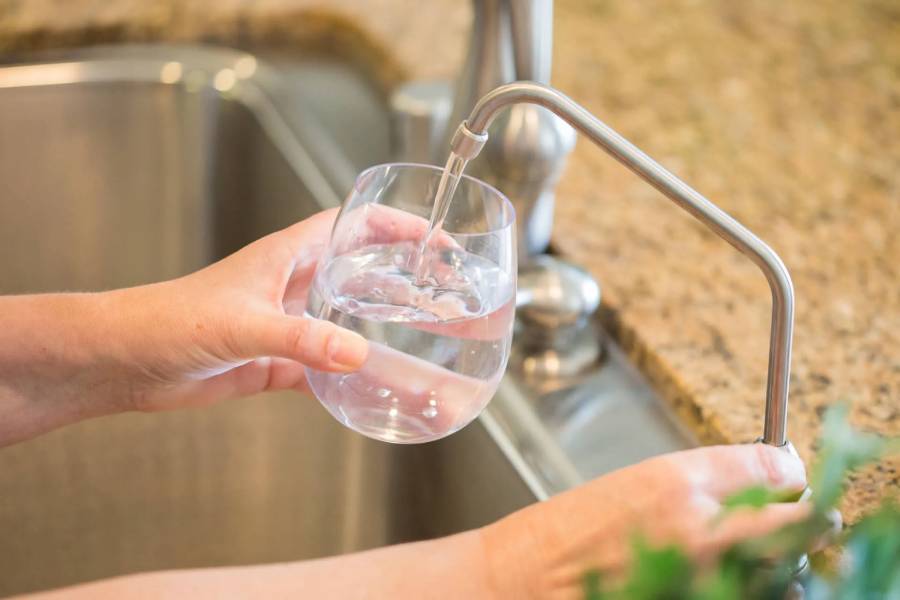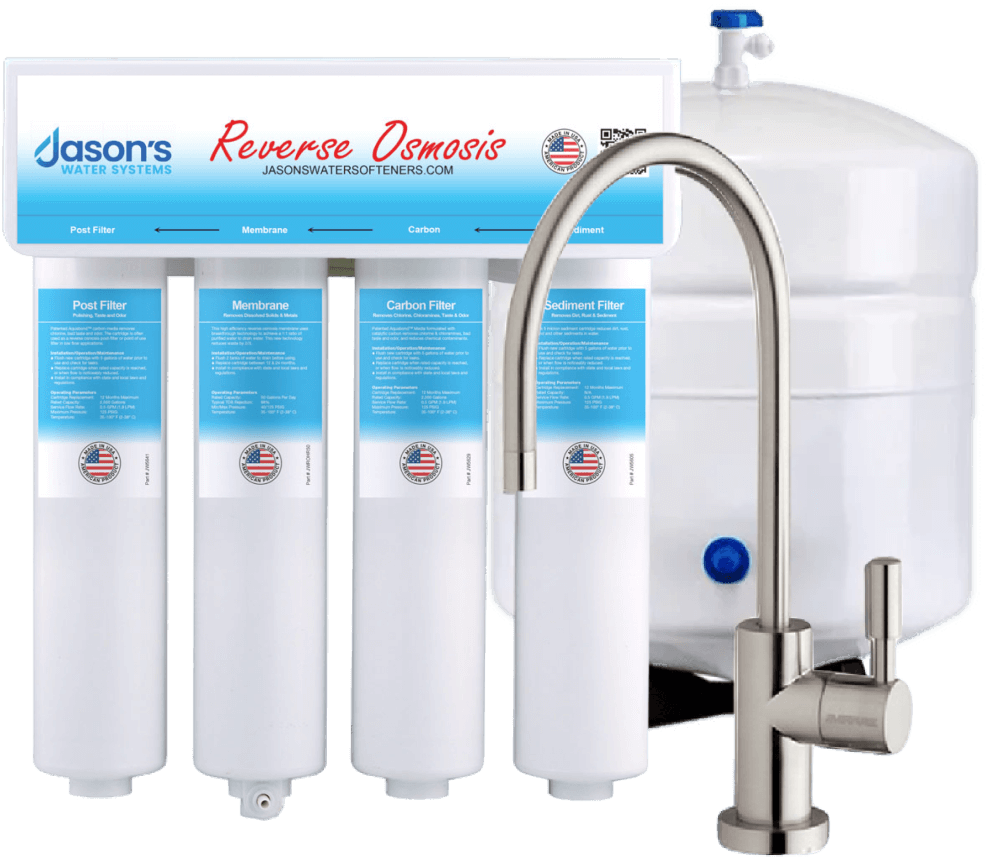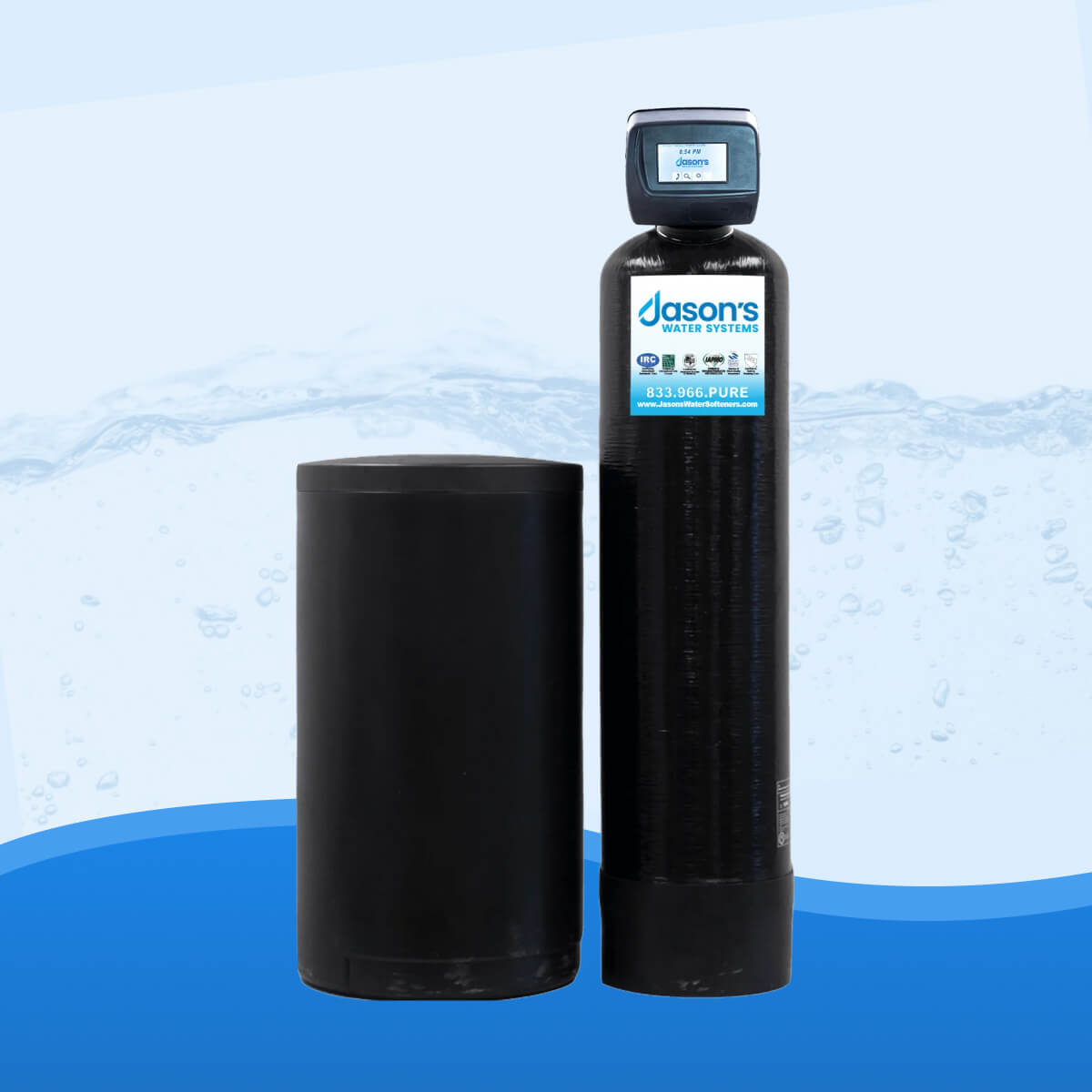
How to Protect Your Water Softener During Freezing Weather
Freezing weather can create serious problems for any water softener. When temperatures drop, you don't want the water inside of your water softener’s important internal components. A little preparation goes a long way in preventing repairs, saving money, and keeping your home’s water soft and clean all winter long.
Why Your Water Softener Needs Winter Protection
A water softener contains resin beads, control valves, and multiple lines that must stay above freezing. When temperatures fall too low, water inside the system can freeze and crack the brine tank or resin tank. The control valve and connecting pipes can also burst or fail. Homes in Texas are especially at risk during sudden cold fronts because many softeners are installed in garages, outdoor closets, or exterior walls that do not stay warm in freezing weather.
Signs Your Water Softener Is Not Protected from Freezing
Watch for warning signs that your water softener may already be affected by cold temperatures. These include slower or reduced water flow, hard water returning to your faucets, or a softener that fails to regenerate when scheduled. In some cases, you may notice cracks, leaks, bulging tank components, or a frozen discharge or brine line. Any of these signs indicates that the system needs immediate attention.
Step-by-Step Guide to Winterizing Your Water Softener
Inspect Your System Before a Freeze
Start by giving your water softener a quick inspection. Look for any exposed pipes, fittings, or weak insulation. Check for leaks, worn components, or loose connections. If a cold front is moving in, make sure the system completes a regeneration cycle so it is working at its best when temperatures drop.
Insulate Critical Components
Proper insulation is one of the simplest ways to prevent freezing. Cover exposed pipes, fittings, and valves with foam sleeves. Use approved insulation materials for the brine tank and resin tank if they sit in an unheated space. Heat tape can also help maintain a safe temperature in areas that freeze quickly.
Protect Outdoor Installations
If your water softener is installed outdoors or in an unheated structure, give it extra protection. You can place a weatherproof cover over the unit or build a small enclosure that shields the system from freezing air. Even a simple insulated barrier can help keep temperatures inside the unit above freezing.
Keep the Softener Running When Possible
Water that moves through your plumbing system is less likely to freeze. During extreme cold, some homeowners run a regeneration cycle or allow a slow, steady trickle of water to keep water moving through the system. This helps prevent freeze-related blockages and keeps the resin bed active.
How to Bypass and Drain the System When Necessary
If an extreme freeze is expected and you cannot protect the area where your softener is installed, it may be safer to bypass and drain the unit. Use the bypass valve to stop water from entering the softener. Drain the brine tank and any accessible lines so water cannot freeze inside the system. This step prevents major damage while the unit is offline.
Additional Tips for Freeze Protection
A few extra steps can help keep your system safe. Keep garage or utility room doors closed to trap warm air. Use a small space heater safely in an enclosed area if needed. Disconnect outdoor hoses that can freeze and affect indoor plumbing. During cold weather events, check the system periodically for leaks or ice formation.
What to Do If Your Water Softener Freezes
If your water softener freezes, turn off the water supply to the unit and allow it to thaw naturally. Do not use open flames or heating devices that can damage plastic parts. Once the system thaws, check for cracks, leaks, or damaged internal components. If you notice anything unusual or if the system is not working properly, contact Jason’s Water Systems for professional service.
How Jason’s Water Systems Helps Protect Your Softener
Our technicians can inspect your softener, reinforce insulation, test valves and lines, and verify that every part of your system is prepared for winter weather. If your softener has frozen or shows signs of damage, we can repair or replace components before the problem becomes more costly. We also provide emergency service during severe cold spells to help protect your water quality and your home.
Protect Your Water Softener this Season
Winterizing your water softener in Austin, TX, is one of the most effective ways to protect your home from leaks, cracks, and costly repairs. With a little preparation, you can keep your water softener safe and fully functional throughout freezing weather. If you need help protecting your system or want a professional winterization service, the team at Jason’s Water Systems is ready to assist. Contact us today for more information or a free consultation.










